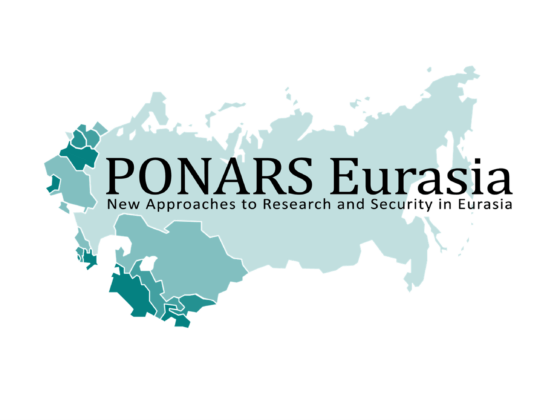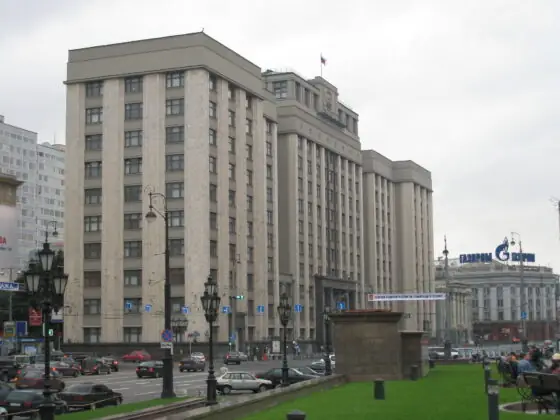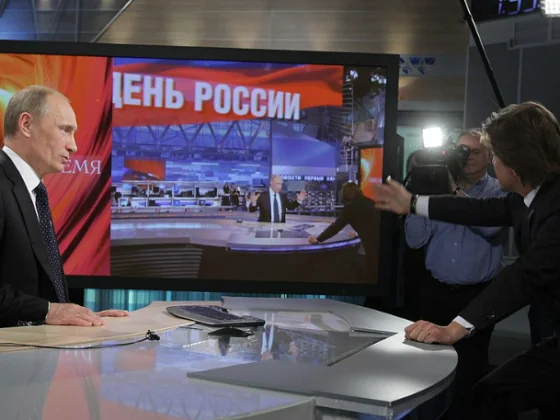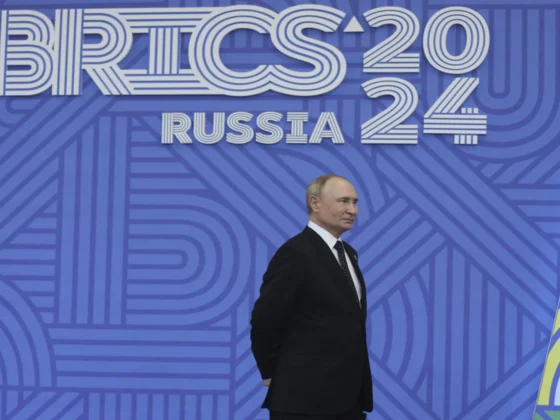(MEMRI) Mk.ru surveyed three world class expatriate economists: Sergei Guriev the chief economist of the European Bank of Reconstruction and Development, former deputy Minister of Finance of the Russian Federation and former first deputy chairman of the Russian Central Bank Sergey Aleksashenko, and Konstantin Sonin, a professor at the University of Chicago and a visiting professor at Moscow’s Higher School of Economics. They were asked to provide a prognosis for the Russian economy. While there are slight nuances between them, they unanimously believe that the necessary policies for extracting Russia from its dead end will remain elusive till 2024 (when Putin’s term as president expires). Meanwhile, the Russian economy will continue to limp along with a feeble growth rate without crashing. The outlet approached them because “it is not necessary to await an honest answers from the authorities” with regards to the state of the Russian economy. […]
Konstantin Sonin: The Russian economy is in a complex but not critical state. The stagnation in production, incomes, and standard of living has continued already for ten years. The brief recessions are replaced by short term upturns, but the average growth rate remains 1% per annum. The fundamental problem of the Russian economy over the last years is the excess pressure on the part of the government. All the time, new restrictive laws are passed and new by-laws. Each such law raises production costs and reduces the stimuli for innovation. Enforcement practices are becoming increasingly hostile to business, and it is precisely entrepreneurial activity that is the source of economic growth. […]
Until 2024, I expect neither a catastrophic recession nor an exit from stagnation. To move towards growth, what is needed at the very minimum is active, aggressive work by the government. Even without conducting thorough and serious reforms, it is necessary to lift the counter sanctions that fell, first of all, on the poorer part of the population, and lift the entire practice of a restricted internet because that encumbers the borrowing and introduction of advanced technology, and kick out corrupt officials and managers of state companies. Without this there will be no exit from stagnation.
Read More © The Middle East Media Research Institute (MEMRI)










